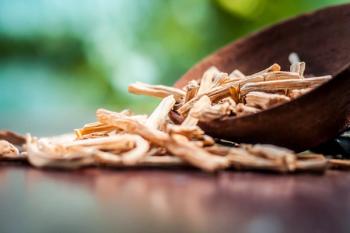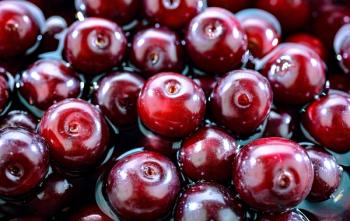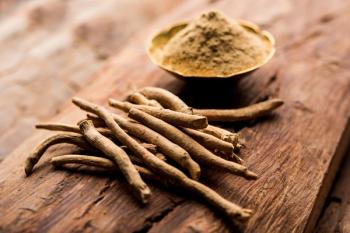
Alkemist Labs Adding DNA Testing in 2016
DNA testing has become simpler to use and more cost-effective, the company says. But it also emphasizes that DNA testing’s use in botanical identity testing is still “very new."
More companies are addressing DNA testing as
“Adding DNA analysis to our testing capabilities once the technology evolved more has been in the plans since my father and I started building our herbarium almost 20 years ago,” said CEO Elan Sudberg, Alkemist Labs, in a press release. “Our clients want us to offer this service, and with recent events, as well as advancement in technology, we felt it [was] finally the right time to bring it in house.”
DNA testing has become simpler to use and more cost-effective, the company says. But it also emphasizes that DNA testing’s use in botanical identity testing is still “very new” and that “fit-for-purpose methods still need to be developed.” For instance, it hopes that industry members will be able to work together to develop a database of verified DNA sequences from authenticated specimens. Also, it says, the industry needs to reach a consensus regarding standardized methods. Finally, any work in this area should be done transparently.
“Next-generation DNA-sequencing equipment is the newest and most powerful tool available for specification in plant-based products; it goes deeper than anything else,” Sudberg said. “However, that depth can reveal nearly anything that was gathered with the herb in inconsequential quantities”-such as pine pollen or “an occasional piece of grass from the field.”
“We plan to work with the industry to establish how much ‘pine pollen’ constitutes contamination rather than just a negligible component of a natural product to be expected and accepted,” he said.
Editor-in-Chief
Nutritional Outlook magazine
jennifer.grebow@ubm.com
Newsletter
From ingredient science to consumer trends, get the intel you need to stay competitive in the nutrition space—subscribe now to Nutritional Outlook.




